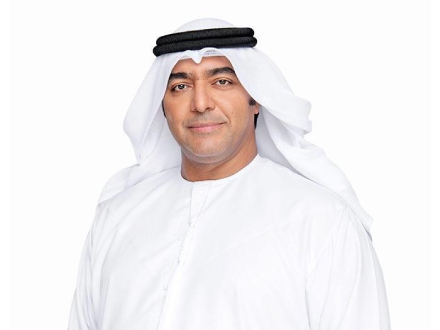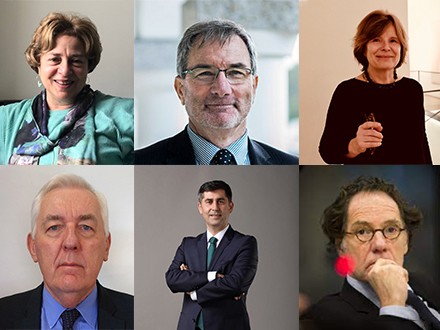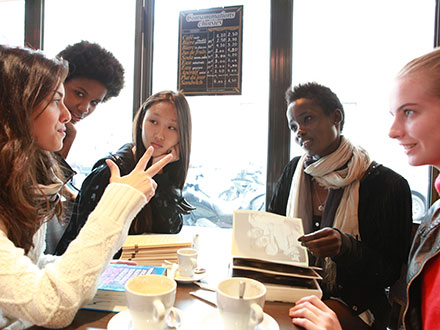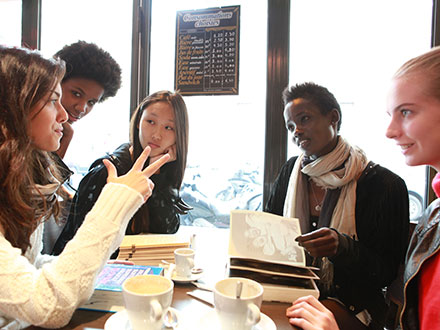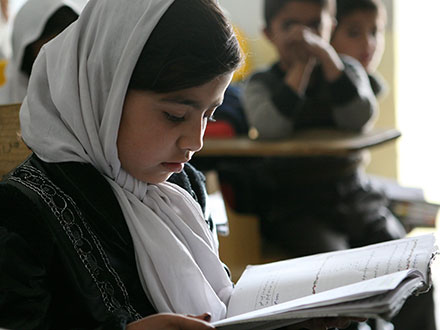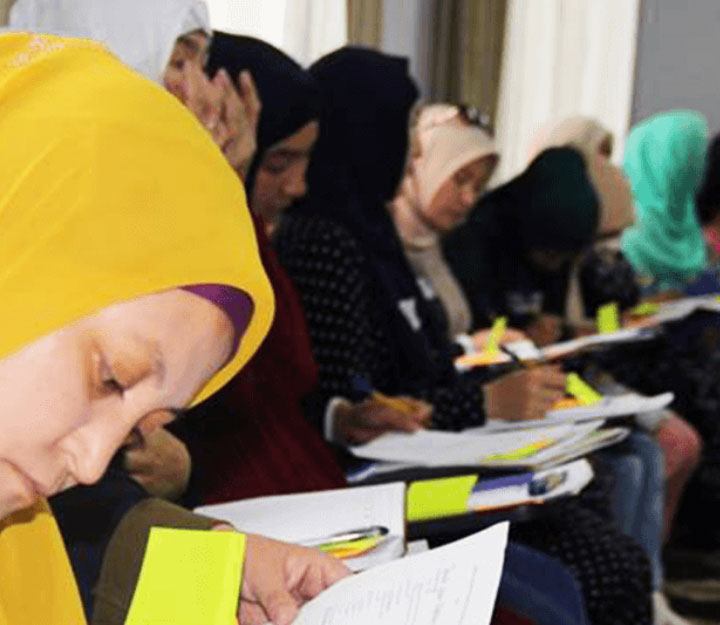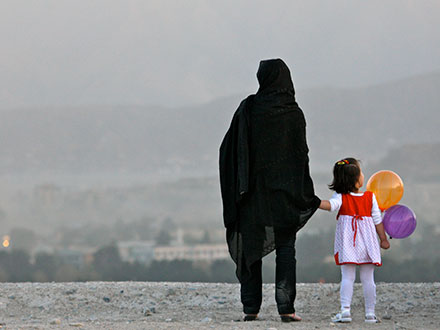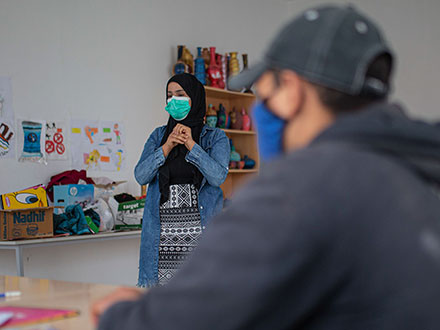Annual Countering Violent Extremism Research Conference Presents Top Research from Around the World
With growing threats of violent extremism in the region, researchers, government officials, academics and development experts convened for a three-day global conference on preventing and countering violent extremism (P/CVE) in Melbourne, Australia.
The Sixth Annual International CVE Research Conference 2019 was convened by Hedayah, Deakin University’s Alfred Deakin Institute, AVERT (Addressing Violent Extremism and Radicalisation to Terrorism) Research Network and School of Humanities and Social Sciences and the United Nations Development Programme (UNDP). It was sponsored in part by the European Union Commission, Government of Spain, the Ministry of Foreign Affairs, Republic of Turkey and the Government of Victoria.
The Sixth Annual International CVE Research Conference 2019 received over 85 research proposal submissions from CVE researchers and academics around the world. The Conference provided a platform to present the top research papers addressing the ever-changing manifestation of violent extremism.
“The threats emerging from violent extremism continue to evolve at a rapid pace. As we intensify our efforts towards eliminating this scourge, equal efforts must be made towards establishing preventative measures. We look forward to working very closely with our global partners, and this research conference is yet another step towards realizing that goal”
H.E. Ahmed AlQasimi Executive Director, HedayahDuring the Conference, participants identified the current needs for on-the-ground implementation of P/CVE programs and ways in which theoretical P/CVE knowledge and research can support its coherent and practical implementation. Discussions addressed the need to adapt to new technologies and artificial intelligence to counter the threat online. Papers also focused on the evolution of religious-based and far-right violent extremism.
The Conference also covered the roles of psychology, neuroscience, identity, hate speech, gender, education, and resilience among others in the threat of radicalization and violent extremism.
“We know a lot more than we did 20 years ago about how we can address the challenges posed by violent extremism and the factors that nourish its dynamics. But violent extremist ideologies and movements are also highly resilient and adaptable, and our research and strategies must be similarly adaptive to stay on top of changing threat landscapes. Deakin is proud to be contributing to this effort through our support for one of the globally leading research conferences in the field”, says Professor Michele Grossman, Research Chair in Diversity and Community Resilience at Deakin University.
“UNDP’s partnership with Hedayah has generated valuable insight and helped develop critical research which has resulted in creating successful programs in preventing violent extremism in local communities in South-East Asia,” said Valerie Cliff, UNDP’s Deputy Director for Asia and the Pacific.
“Our collaboration has helped UNDP develop a deeper and more nuanced understanding of the root causes of extremism in South-East Asia and contribute to more effective engagements and policy development in the region.”
In efforts to enhance international collaboration and burden-sharing on P/CVE efforts, Hedayah created a model where a number of institutions have supported the Conference in strategic partnership. For 2019, the Strategic Partners are Afrobarometer, Albany Associates, the Canadian Network for Terrorism, Security & Society (TSAS), Conflict Management Consulting (CMC), DAI, the George Washington University Program on Extremism, the Global Engagement and Resilience Fund (GCERF), M&C Saatchi, Macquaire University, Monash University, Moonshot CVE, Multicultural New South Wales (NSW), the Royal United Services Institute (RUSI), The Stabilization Network (TSN), the Tony Blair Institute for Global Change, the University of Queensland, and Victoria University.

